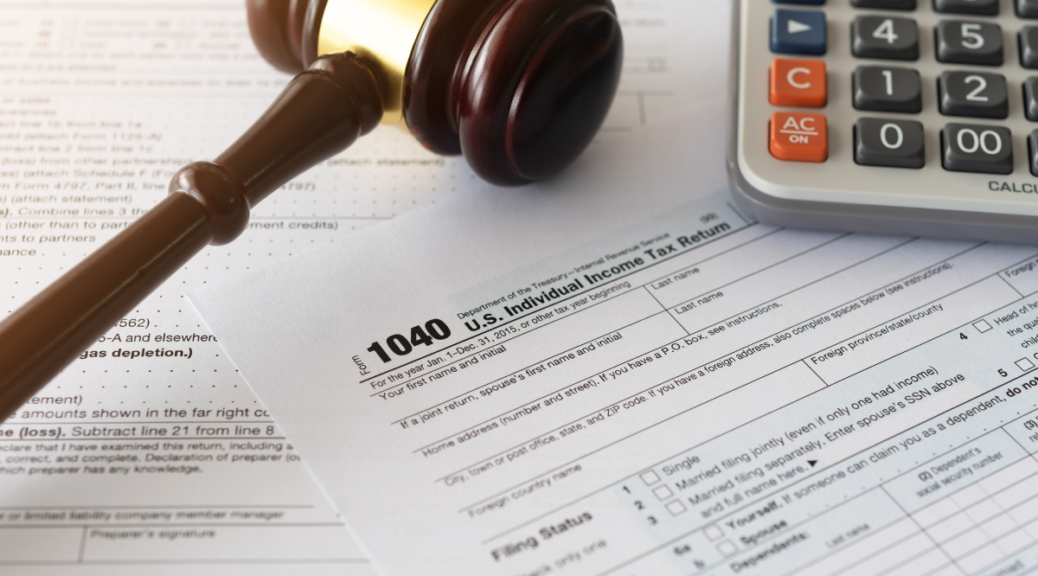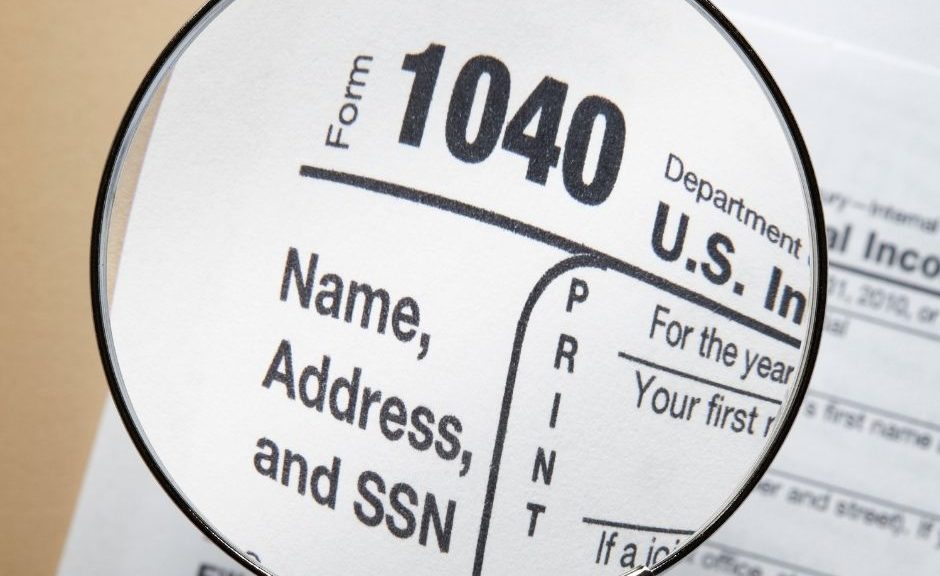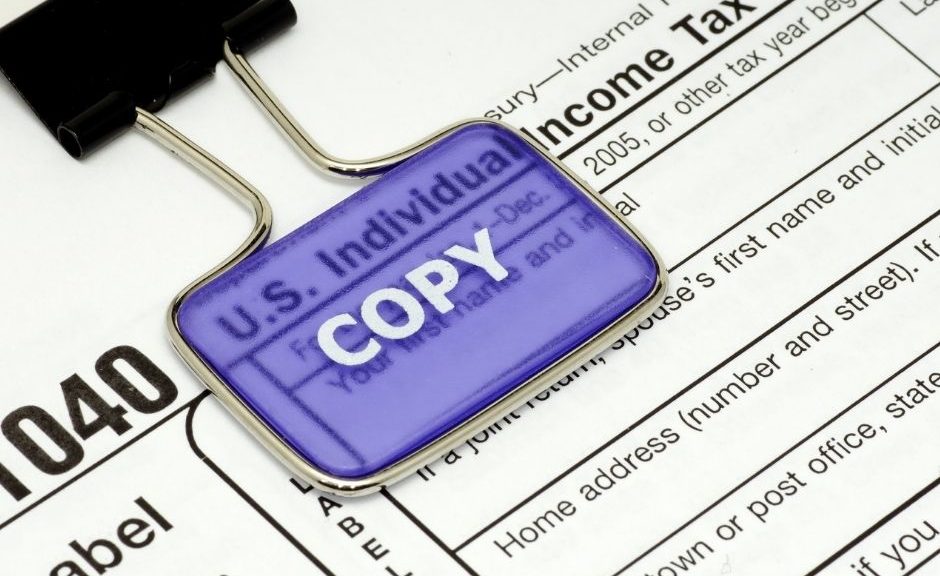Everyone who likes to file their tax returns, raise your hand! That’s what we thought.
Filing taxes is massively stressful even if you have prepared. It’s even worse if you are unable to pay your tax bill. Know that you’re not alone, and there are tax planning strategies you can take now if you cannot pay the tax balance that is due.
The following are practical tax planning strategies when you can’t pay your tax bill:
- File your tax return on time. Even if you cannot pay it all, file your tax return by the deadline. Failing to file can result in penalties and additional fees, which will only add to your financial burden. Filing on time means that you avoid complications and show your willingness to fulfill your tax obligations.
- Review your tax bill. Carefully review your tax bill. Make sure it’s accurate. Mistakes happen. Regardless, make sure you file as you don’t want to pay more than you owe. Double-check all calculations and cross-reference the information provided with your records. If you see discrepancies, contact the IRS or state tax authorities promptly to resolve the issue.
- Explore payment options. The IRS and your state’s tax authorities know that everyone cannot pay their tax bill in full immediately. So, they offer several payment options to accommodate different financial situations. Those options include:
a. Installment Agreement: You can request an installment agreement that allows you to pay your tax debt in monthly installments. The IRS or your state tax agency will work with you to determine a reasonable payment plan based on your income and expenses.
b. Offer in Compromise: You may be eligible for a compromise offer that allows you to settle your tax debt for less than the full amount owed. This option is only available if you can prove that paying the full amount would cause significant financial hardship.
c. Temporarily Delay Payment: If you’re experiencing a temporary financial hardship, you may be able to request a temporary delay in payment until your situation improves. During this time, penalties and interest will continue to accrue, but it can provide you with some breathing room to get back on your feet. - Communicate with the Tax Authorities: Start communication with the tax authorities is vital when you’re unable to pay your tax bill. Contact the appropriate agency as soon as possible to discuss your situation and explore available options. Ignoring the issue will only lead to more severe consequences, such as liens or wage garnishments.
- Consult a Tax Professional: Navigating the complex world of taxes can be challenging, especially when you’re facing financial difficulties. Seeking guidance from a qualified tax professional, such as a tax attorney or a certified public accountant (CPA), can provide you with valuable insights and help you make informed decisions. They can analyze your situation, explore all possible options, and negotiate on your behalf with the tax authorities.
- Adjust Withholdings: If you are unable to pay your tax bill this year, review your withholdings and adjust them. By increasing your withholdings, you’re paying a more accurate amount throughout the year, reducing a significant tax bill next time. Consult with a tax preparation professional to determine the optimal withholding amount based on your financial circumstances.
If you are unable to pay your tax bill it can be overwhelming, but you can take steps to resolve it. By filing your tax return on time, reviewing your bill for accuracy, exploring payment options, communicating with tax authorities, seeking professional guidance, and adjusting your withholdings, you can navigate this challenging scenario. We recommend hiring an accountant or a tax professional to help you with your tax returns or to represent you to the IRS or state tax department.
A.K. Burton, PC, has been working with the IRS for our clients for many years. Our firm has experienced accountants who can help you do your tax planning and file your tax returns and represent you to the IRS. We do individual and business tax returns. Call us at (301) 365-1974 for a consultation.
We serve the Bethesda, Rockville, and Montgomery County, MD area.
*** You can find out about tax payments and other tax information on the IRS website.







